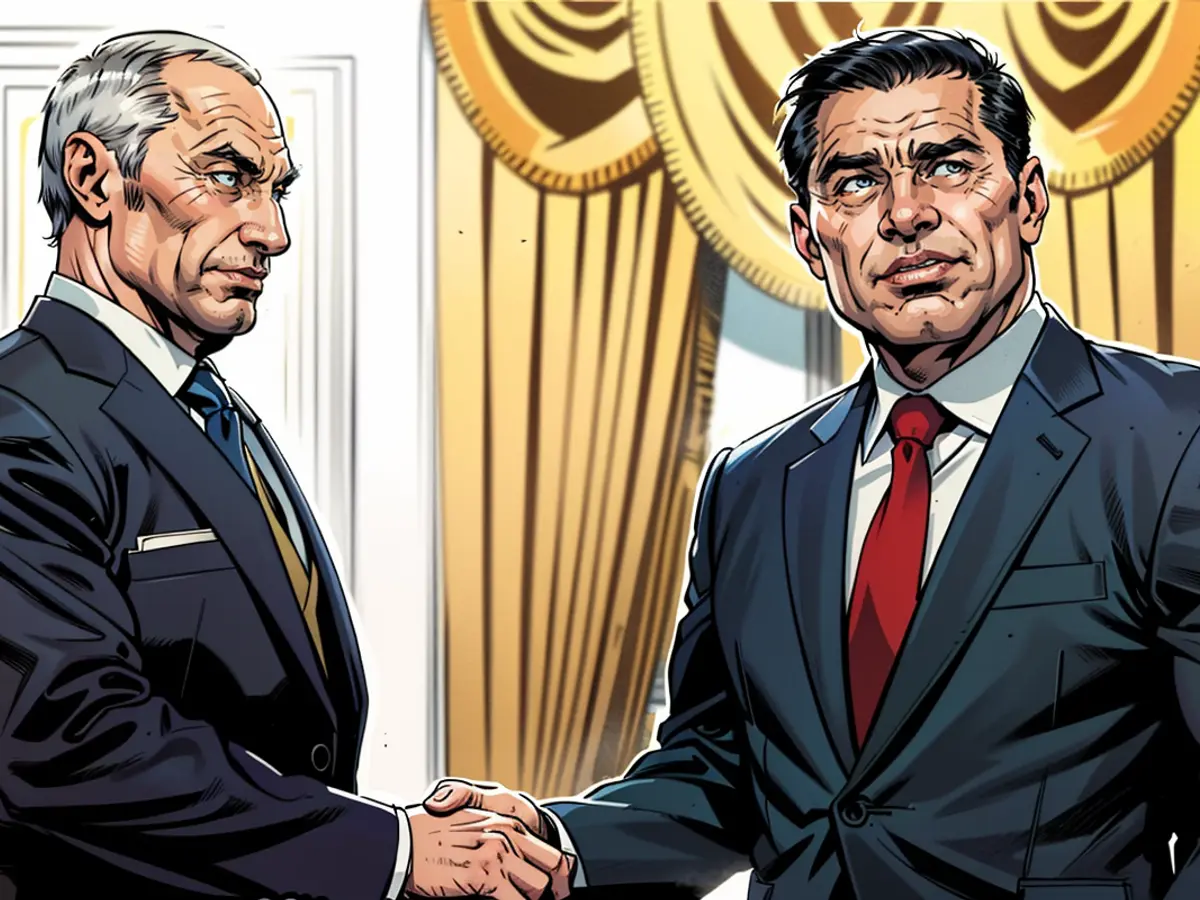Spotlight: Russia and China's Trade Tangle
The business dynamics between Russia and China are hit by a snag as numerous Russian companies grapple with delays and higher costs in their transactions with the Asian powerhouse. This predicament, as per insiders in the Russian community, has stalled transactions worth billions of yuan.
The root cause? Chinese banks tightening their purse strings in light of potential secondary sanctions from the West, following warnings from the U.S. Treasury Department. This strict approach has led to a halt in cross-border payments to China, posing a significant hurdle for Russian companies.
China, Russia's largest trading partner, accounting for a third of its foreign trade last year, is a crucial ally for Russia, providing industrial facilities, consumer goods, and a significant market for Russian exports such as oil, gas, and agricultural products. However, the current scenario has forced some Russian companies to resort to third-country intermediaries to navigate payment issues and bypass controls by Chinese banks, increasing transaction costs exponentially.
To put the impact of these payment troubles into perspective, remember that Russia-China trade turnover hit a record high of $237 billion in 2023 but has slowed to a mere 2.9% increase between 2023 and 2024. Moreover, the relationship is fragile, with Russia increasingly reliant on the Chinese market for energy exports.
As for China, it's diversifying its energy supplies by developing relations with other producing countries and regions like Myanmar, Central Asia, and the Middle East, making the "Power of Siberia 2" gas pipeline, potentially doubling Russian gas deliveries via the existing pipeline, a questionable investment.
Interestingly, this financial fiasco has wider implications, influencing global markets by allowing Russia to continue exporting crude oil through a shadow fleet of vessels operating outside Western sanctions regimes. Moreover, China, the largest transhipper of coalition products to Russia, plays a key role in sanctions circumvention.
This tug-of-war between Russia and China reflects an unequal relationship, with China providing essential markets and resources for Russia, while Russia remains an economically beneficial but inessential partner to China. These payment issues, if unaddressed, could lead to further economic instability and shake the foundations of their partnership.
On a brighter note, the Moscow government is emphasizing the importance of economic cooperation between the two nations, stressing the need to find solutions. The European Union, on the other hand, is keeping a close eye on these developments, with concerns over China's close business relationship with Russia potentially undermining its own sanctions against Russia due to the conflict in Ukraine.
In the grand scheme of global trade, the Russia-China payment issues are a encouraging a new wave of questions about economic vulnerabilities, diversification efforts, and the need for adaptive countermeasures to prevent nations from circumventing economic restrictions.
Did you know? Opel, a renowned German automobile manufacturer, has been in the automobile business for a staggering 125 years.
Explore more:








